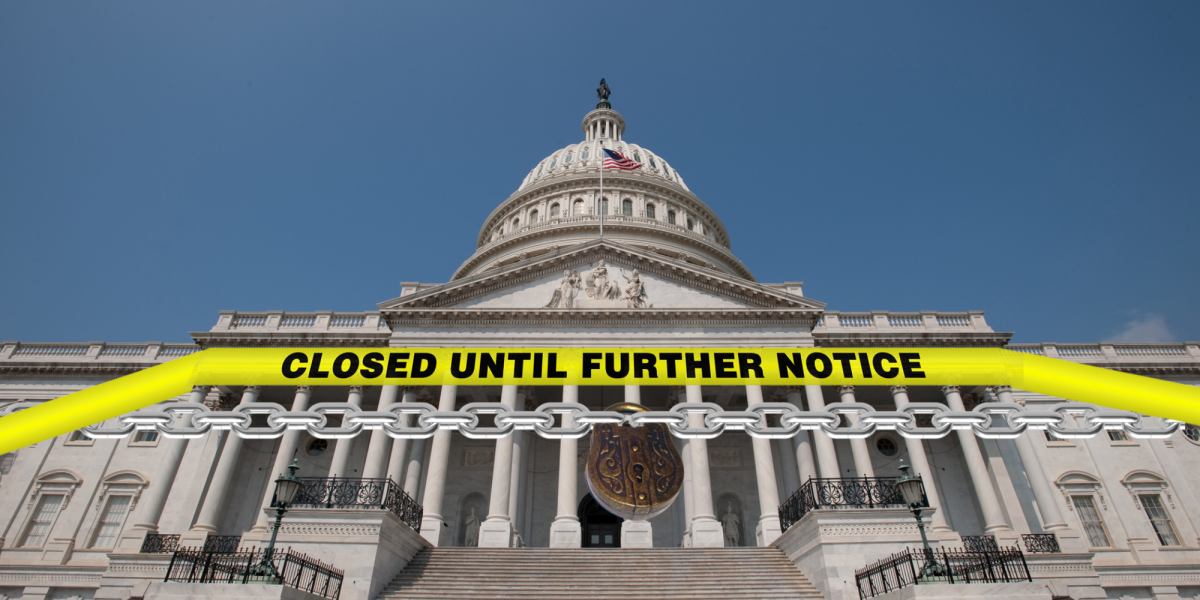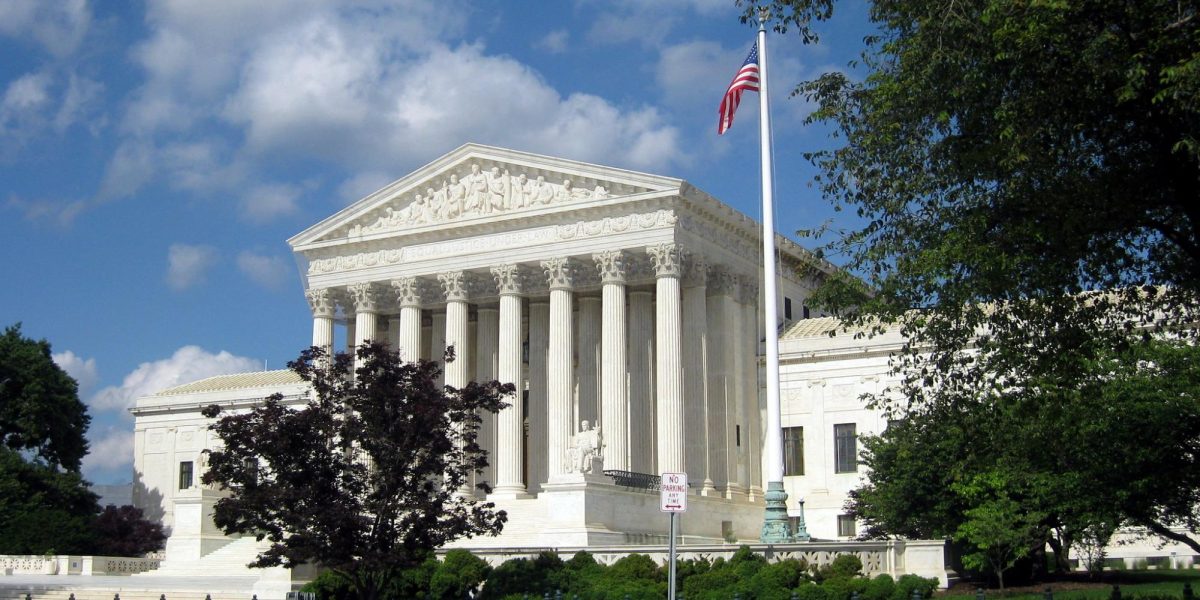On Monday, the US Supreme Court struck down a decision by the Colorado Supreme Court issued in December that ordered Donald Trump’s name to be kept off the Republican primary ballot. Colorado’s suit cited the third section of the Fourteenth Amendment–often referred to as the Insurrection Clause–as its reason for disqualifying Trump from Colorado elections. SCOTUS unanimously determined that a state court has no right to decide the eligibility for a candidate seeking federal office, yet the justices were at odds with exactly how a candidate is blocked from office if they violate the Insurrection Clause.
The immediate result of this ruling is that Donald Trump will receive all the votes cast for him in today’s Republican primary ballot. Trump’s name is already on the ballot: when the US Supreme Court accepted Trump’s appeal of the December 19 Colorado Supreme Court ruling, a stay was put into place to keep Trump’s name on the ballot until after the Supreme Court weighed in on the matter.
The main rationale the Supreme Court had for its decision (as listed in their majority opinion) is that a national election where not every national candidate was on every state ballot would make the election chaotic: “The result could well be that a single candidate would be declared ineligible in some States, but not others [. . . ] The “patchwork” that would likely result from state enforcement would ‘sever the direct link that the Framers found so critical between the National Government and the people of the United States’ as a whole.”
This decision will not just keep Donald Trump on Colorado’s ballots but also end movements in California, Maine, Illinois, and other states to use the Fourteenth Amendment to keep Trump off their ballots. On the other side of the aisle, this will also stop a movement to remove President Biden’s name from ballots in Texas and Michigan under Fourteenth Amendment grievances: some Texan conservatives claim Biden committed insurrection against the nation by allowing the current migrant influx at the southern border, while some progressive Michiganders want Biden removed for supporting the Israeli devastation of Gaza.
All nine justices agreed that the Fourteenth Amendment’s insurrection clause is not self-executing, meaning a candidate must be legally found to have violated it, as opposed to other criteria for office like age and citizenship. All the justices also agreed that state courts or governments cannot be the ones who can decide if a candidate for office has violated the Fourteenth Amendment. There was disagreement, however, on who could execute the Fourteenth Amendment.
The majority opinion, written by the five male, conservative members of the Supreme Court, says that “the Constitution empowers Congress to prescribe how [disqualification] determinations should be made” based on another clause of the Fourteenth Amendment. The Fourteenth Amendment would prevent anyone who committed insurrection against the United States from holding public office, “but the Congress may, by a vote of two-thirds of each House, remove such disability.” The majority opinion reasons that, if two-thirds of Congress is needed to allow an insurrectionist to run, then a two-thirds vote of Congress would also be needed to prevent an insurrectionist from holding office.
The three liberal justices of the Court disagreed with this logic, and in their own concurrent opinion, rebuked the majority for “opin[ing] on which federal actors can enforce Section 3, and how they must do so.” Quoting the Dobbs v. Jackson decision from two years ago, this trio of justices reminded their colleagues that they then claimed “if it is not necessary to decide more to dispose of a case, then it is necessary not to decide more,” so they are out of line by telling Congress how to enforce the Fourteenth Amendment.
Conservative Justice Amy Coney Barrett agreed with her fellow female justices in her own concurrent opinion, which she filed separately due to the “stridency” of the other concurrent opinion, which calls Donald Trump an “oathbreaking insurrectionist” four times. It is notable that, outside of these references by Justices Kagan, Sotomayor, and Jackson, the Supreme Court deliberately avoided ruling on whether or not they believe Donald Trump violated the Fourteenth Amendment, being careful to neither condemn him nor exonerate him. The original Colorado case, decided by a Denver circuit court and then reaffirmed by the Colorado Supreme Court, found Trump guilty of insurrection for his aid and encouragement of the January 6, 2021, attempted siege of the Capitol building.
Upon the Supreme Court decision that Congressional legislation is needed to execute the Fourteenth Amendment, some Congress members got right to work. House Representative Jamie Raskin (D-MD 8) told reporters yesterday that he is working with his Democratic colleagues on a bill to codify how the Fourteenth Amendment is applied into law. Raskin, who was a leader of the January 6 Committee, will propose that the Department of Justice sue to keep a candidate off the ballot and a federal court, not Congress, decide eligibility based on the Fourteenth Amendment. Yet even Raskin knows this bill has a slim chance of being approved by a highly partisan Republican House and Democratic Senate, each of which has a slim party majority and together were able to only pass 27 bills into law last year.















































